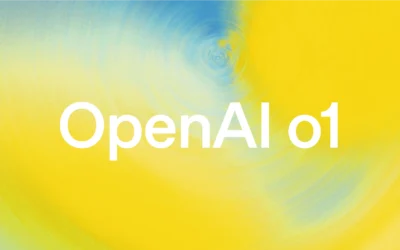The Impact of ChatGPT on UK Universities: A Crackdown on Misuse

The advent of ChatGPT, a powerful language model developed by OpenAI, has brought both excitement and concerns to various sectors. In recent news, UK universities have taken action to address the potential misuse of ChatGPT by students. Nearly 400 students across different universities are currently under investigation for alleged violations. In this blog post, we will explore the implications of ChatGPT’s influence on academic integrity, the challenges faced by universities, and the importance of ethical AI use.
- ChatGPT and Academic Integrity: ChatGPT, a state-of-the-art language model, possesses the ability to generate human-like responses, making it a valuable tool for various tasks. However, this technology has raised concerns about academic integrity. Some students have reportedly been using ChatGPT to generate essays, assignments, and exam answers, compromising the authenticity and originality expected in academia.
- The Crackdown on Misuse: Recognizing the potential threat to academic integrity, UK universities have launched investigations into the misuse of ChatGPT. Nearly 400 students have come under scrutiny, highlighting the scale of the issue. Such actions emphasize the commitment of educational institutions to uphold academic honesty and maintain the integrity of degrees.
- Challenges Faced by Universities: Addressing the misuse of ChatGPT presents several challenges for universities. Identifying instances of AI-generated content requires sophisticated detection methods, as the generated text can closely resemble human writing. Moreover, distinguishing deliberate misuse from unintentional use of AI tools poses an additional challenge for academic institutions.
- Promoting Ethical AI Use: The incidents involving ChatGPT emphasize the need for responsible and ethical use of AI technologies. It is crucial for universities to educate students about the ethical implications of AI and the importance of academic integrity. Implementing clear guidelines and policies regarding the use of AI tools can help foster a culture of responsible AI utilization.
- Supporting Authentic Learning: Rather than relying on AI-generated content, universities should emphasize the value of authentic learning experiences. Encouraging critical thinking, original research, and creativity will enable students to develop essential skills beyond simply regurgitating information. Embracing innovative teaching methods and assessments can foster a more engaging and meaningful educational environment.
- Collaboration Between Academia and AI Developers: To address the challenges posed by AI technologies like ChatGPT, collaboration between academia and AI developers is crucial. By working together, universities and AI developers can develop strategies and tools to detect AI-generated content, ensuring the integrity of academic assessments while simultaneously advancing AI ethics.
Conclusion: The crackdown on the alleged misuse of ChatGPT by UK universities highlights the challenges posed by AI in the academic landscape. As universities strive to uphold academic integrity, they must also embrace the opportunity to educate students about responsible AI use. By promoting authentic learning experiences and fostering collaborations with AI developers, universities can navigate the complexities of AI technologies while maintaining the core values of education and research.






